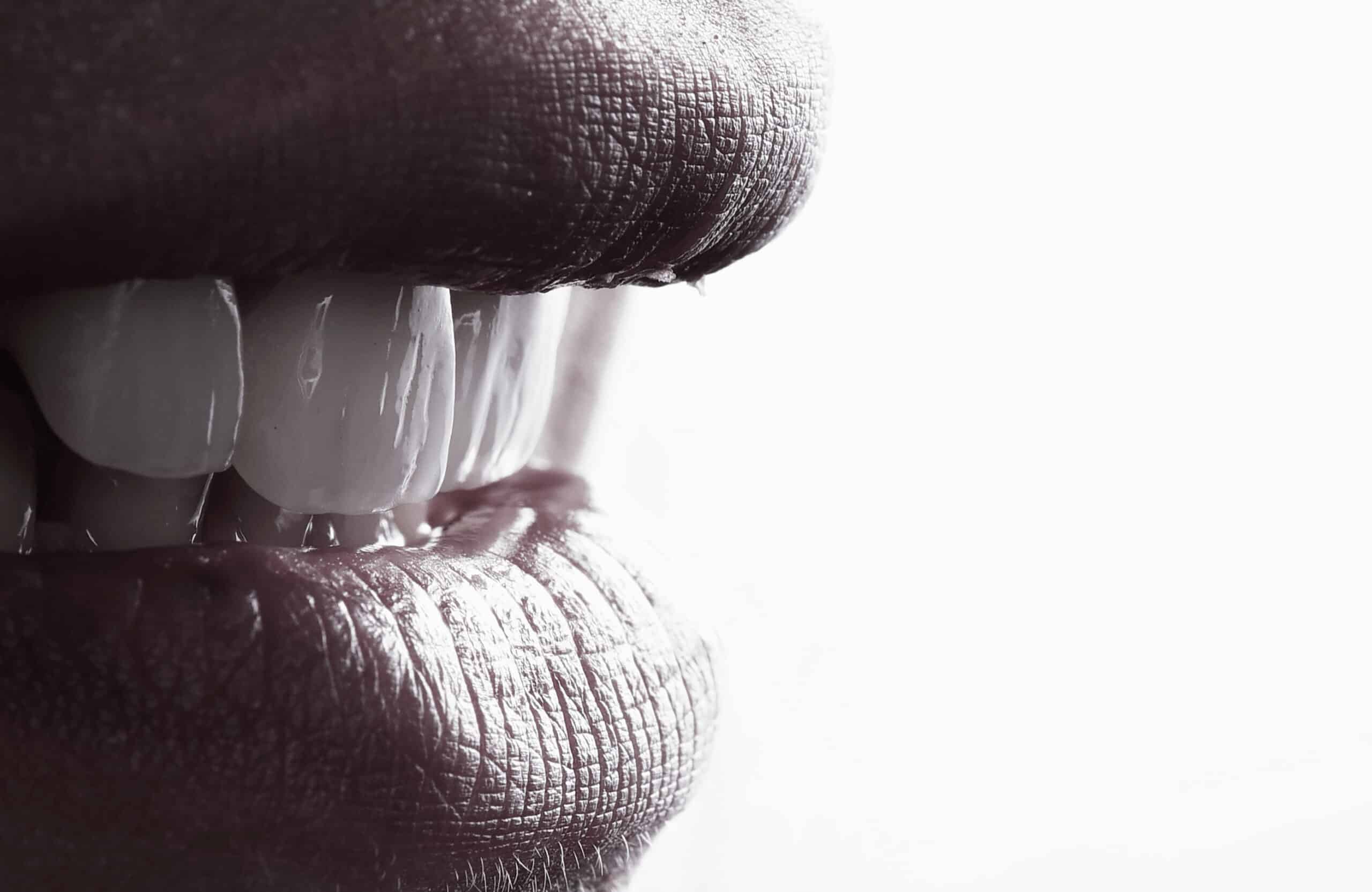
WILL VENEERS DAMAGE MY NATURAL TEETH?
FOR DR.ROZE BIOHEALTH CLINICS | TUESDAY April 19th, 2022
In dentistry, a veneer is a layer of material placed over a tooth. Veneers can improve the aesthetics of a smile and protect the tooth’s surface from damage. There are two main types of material used to fabricate a veneer: composite and dental porcelain.
1/- Porcelain Veneers
Porcelain or ceramic veneers are created from an ultra-thin ceramic material that is colour-matched to your natural teeth and used to fix tooth chips, cracks and stains. They can be customized to re-shape and re-size teeth to give you an brighter, even smile. They are also used to correct minor misalignment and teeth crowding. The benefits to porcelain or ceramic veneers are that they are permanent, highly stain-resistant, durable and react to hot and cold like your natural teeth.
2/- Composite Veneers
Composite veneers work like porcelain but are made from a different material which is less-expensive and quicker to apply. They are permanent, resist most stains and are durable up to 8-10 years.
3/- Tooth Bonding
Tooth bonding is a solution to fix tooth blemishes. It is easily done and does not require any anaesthesia or downtime. The bonding usually lasts 5-10 years when it will need to be replaced. It is a great option for anyone not ready to commit to more permanent veneers.
- In the past, to attach veneers to teeth, it was required to file down the natural tooth. As the technology has greatly advanced, the application process is very different and virtually pain-free.
- To apply the composite or bonding material, there is no need to change anything about your natural teeth. An etching solution is painted onto teeth so the bonding material can stick then it is moulded, sculpted and layered into the shape that is required. Finally, a light is applied to set the material.
For porcelain veneers, the procedure involves removing a think layer of your tooth enamel and using a dental adhesive to attach the individually-created ceramic veneers to the teeth. These porcelain veneers are created to match teeth shape and size exactly how you wish. A curing light will then be used to harden the bonding material into place.So, the final word?
- Neither dental veneers nor the bonding material can damage your natural teeth.
- Veneers are a great choice when you want to enhance the natural beauty of your smile, and are a more conservative choice than other alternatives such as crowns.
- It is important to keep in mind, however, that porcelain dental veneers are considered permanent, since a thin layer of enamel has to be removed in order to adhere them to teeth.
If you take good care of your veneers and do not damage them (damaged veneers will need to be replaced), they will last you a long time.
Practice good oral hygiene by brushing 2x per day and flossing once per day, avoid grinding your teeth, and get regular professional cleaning and check-ups to keep your veneers looking new.
RELATED TOPICS
[elfsight_social_share_buttons id=”1″]
